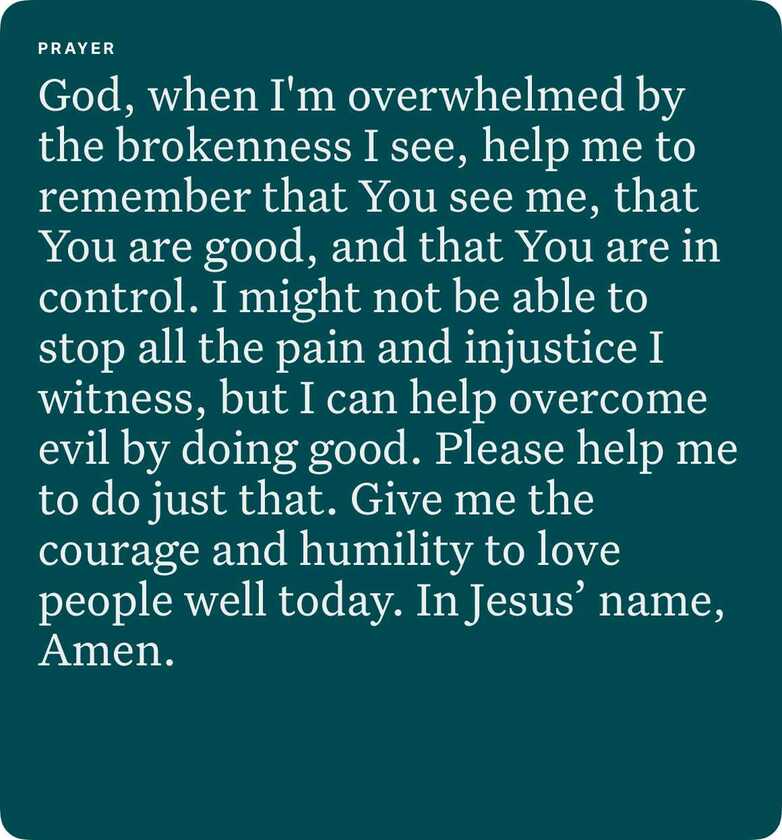I will share about Christian books I have read or listened to.
I will be sharing about my life before and after Christ. I will include stories about my pet and other pets I have encountered.
Mobile Mountain Communities
Imagine a community where honest people work together to fix brokenness. Every person you meet loves you authentically, and you love them in the same way. How would living in such a community change the way you think, feel, and act?
Jesus invites us into that kind of community. In Matthew 5:14, Jesus says, “You are the light of the world. A city on a hill cannot be hidden.”
The Greek word for “hill” can also mean “mountain,” and in the ancient imagination, mountains were places where Heaven and Earth intersected—where people could encounter the gods. The ancient Hebrews understood mountains as unique spaces where God meets with humanity and where both dwell together as partners.
Abraham experiences divine testing and blessing on a mountain. God invites Moses up a mountain to receive instruction. And the prophet Isaiah uses mountain imagery to dream of a day when the Heaven-on-Earth space will expand beyond the mountain, filling the world with God’s Kingdom and vanquishing the darkness of evil.
This makes Jesus’ teaching truly wild! He’s saying that Heaven and Earth reunite through people—through us. When Jesus calls his followers a “city on a mountain,” he’s saying they will bring the mountaintop experience to the world. He’s inviting us to become mobile mountains, creating pockets of Heaven on Earth wherever we go.
We do this by letting go of the old ways of fighting our enemies and picking up the practices of Jesus—feeding the hungry, living justly, and loving people patiently. When this happens, the light of God’s way that leads to true life shines through us, piercing the darkness. So let’s find ways to be mobile mountain communities and participate in making God’s Kingdom shine brightly on Earth as it is in Heaven.
Let Goodness Prevail
In the beginning, life was good—both physically and spiritually. In fact, God created everything that existed and called it very good.
But that goodness was fractured when an enemy enticed God’s image-bearing people to question His goodness and doubt His trustworthiness. So, when Adam and Eve chose to disregard God’s instructions by eating from the only forbidden tree, their eyes were opened to two opposing forces: good and evil.
The battle between good and evil isn’t just an overarching theme in the Bible, but a theme that permeates every continent, every culture, and every nation. It’s a theme that’s laced throughout books and movies, and one that plays out in real life. And the reason it’s so pervasive is because there's a real battle taking place.
All these years, we’re still sharing this good-yet-fallen world. But, make no mistake, the Kingdom of Darkness is still warring against the Kingdom of Light.
The apostle Paul gave some advice on this topic to the ...














